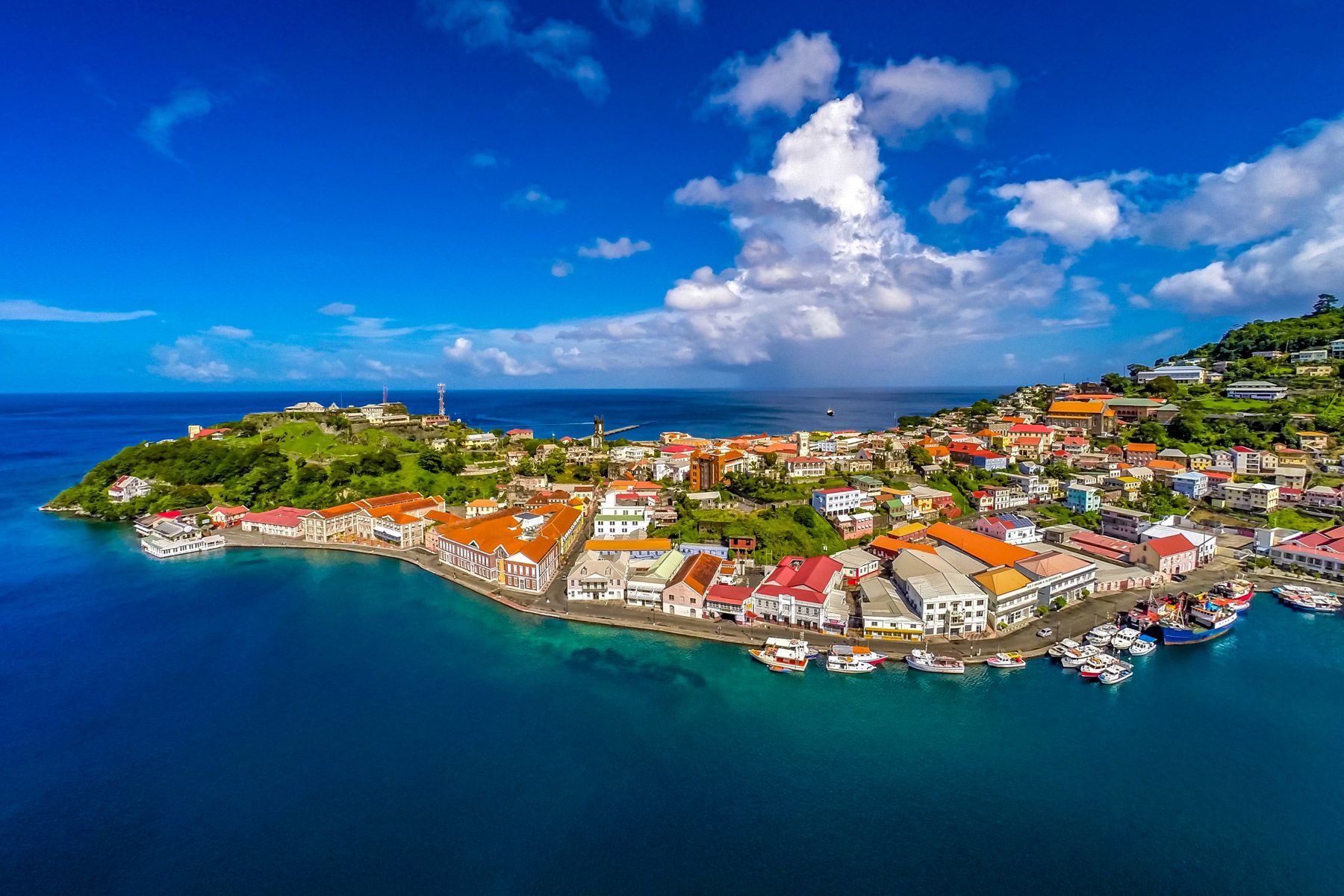
Vision
“An empowered Grenadian population capable of managing the risks from climate change with emphasis on pursuing a low carbon development pathway and building resilience at the individual, community and national levels.”
Status of Coastal Zone Management in Grenada
Grenada is at an early stage of integrated planning and management of its coastal resources. The overarching national policy framework for development is the National Strategic Development Plan (NSDP)(2007)2 . This Plan was prepared in the aftermath of Hurricane Ivan, which caused extensive damage to the country in 2004. This included considerable damage to coastal resources, low lying coastal areas and infrastructure.
The NSDP defines Grenada’s ambitions for national development. It offers broad guidance to the development work of core agencies. One (1) of the twelve (12) programme areas it identifies is Sustainable Environment and Physical Development, the goal of which is to have environmental considerations integrally linked to national development (NSDP 2007, Goal 7).
This provides policy guidance for ICZM in Grenada. Absence of an over-arching coordinating mechanism to ensure the integration of coastal zone issues into all national and sectorial policies, plans and programmes. Limited human and technical capacity for ICZM.
Fragmentation of institutional responsibility for various types of coastal zone management functions. The need for scientific research on various aspects of coastal dynamics and characteristics to inform decision making for ICZM.
In addition, successful ICZM requires three (3) pillars to be in place:
- An ICZM policy that gives high level direction to development interventions in the coastal zone.
- A comprehensive Coastal Zone Management Plan that guides on-the ground interventions in the coastal zone.
- Supporting national legislation. Fundamental to all of these documents is a geographically defined coastal zone that is approved at the level of Cabinet and/or articulated in national law, such as a Coastal Zone Management Act. Grenada is starting to build this ICZM structure with the preparation of this ICZM Policy.
Coastal Zone Management Issues
Marine pollution from land-based, marine-based and atmospheric sources, runoff from watersheds. Degradation of coastal mangroves due to inappropriate disposal of solid waste. Ecosystem degradation and increased coastal erosion due to beach sand mining. User conflicts in coastal areas.
Inappropriate and/or unplanned installation of coastal protection structures or beach enhancement programmes. Removal of coastal vegetation, including sea grasses, that binds sediments and assists in prevention of beach erosion.
Introduction of invasive species that have devastating effects on coastal ecosystems and fisheries, (such as the lionfish which has currently invaded Grenada and much of the Caribbean region). Back-filling, dredging and land reclamation especially in mangrove areas to make way for commercial and residential development, and use of mangrove trees for fuel and other human requirements. Destabilisation of coastal cliffs by inappropriate infrastructure.
